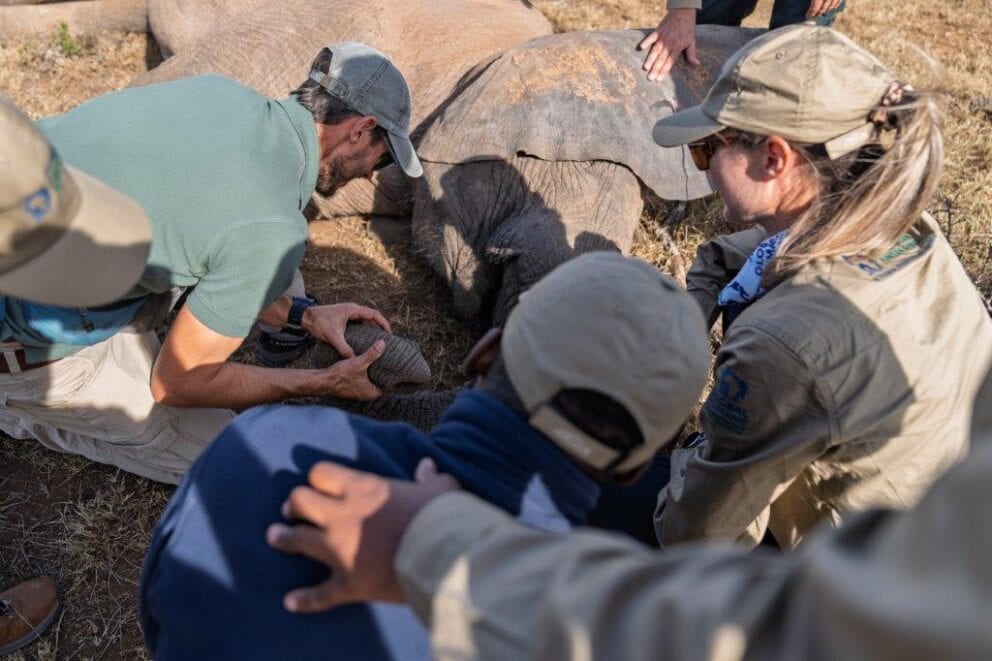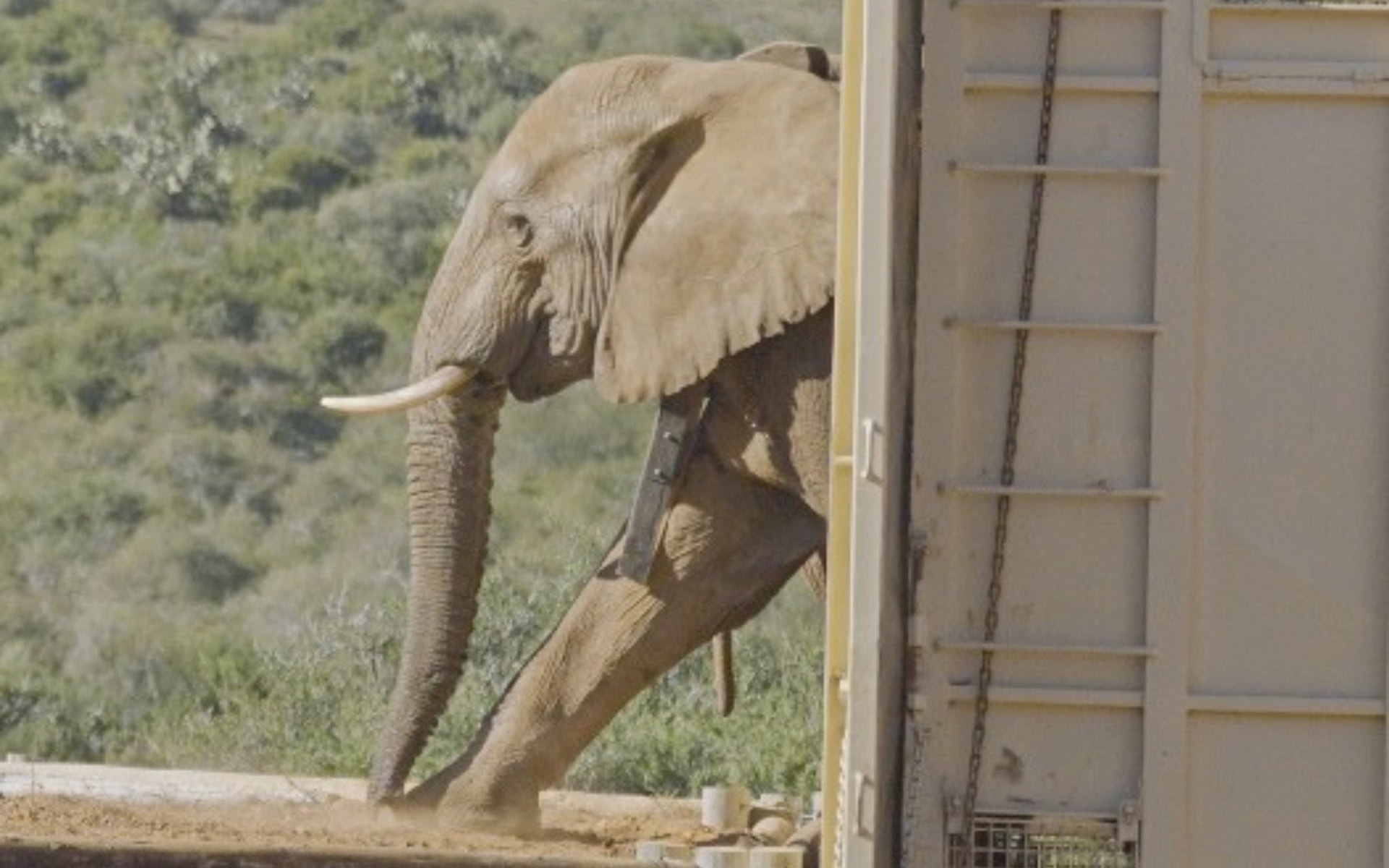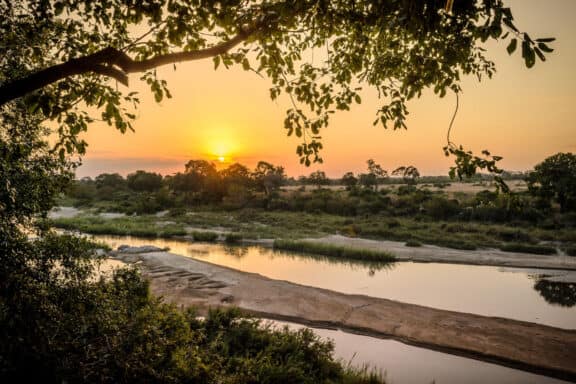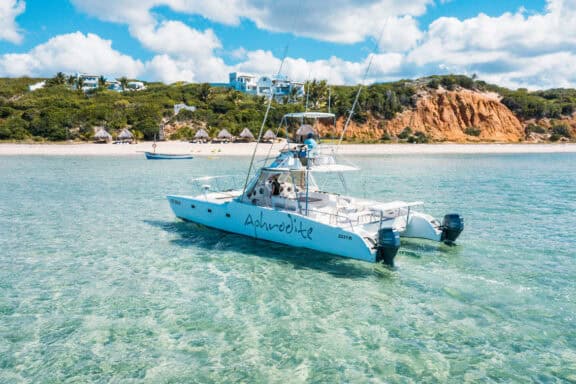South African National Parks (SANParks) has successfully translocated 42 elephants from the Main Camp section of Addo Elephant National Park (AENP) to the park’s Kabouga section, approximately 50 km away. The move was carried out between 12 and 15 May as part of a broader plan to restore the ecological balance in the region.
The newly relocated elephants will be carefully monitored in their new environment. In a statement, SANParks explains that these changes will hopefully mark a step forward for conservation efforts in the Eastern Cape.
Park Manager, Roland Januarie, says, “Addo has a proud record of elephant conservation and maintains a healthy and secure population of one of Africa’s most iconic animal species. Translocation between sections of the park have been successfully carried out over many years based on the need to expand their range and to restore original ancient elephant corridors.”
Reintroducing elephants to the Kabouga section will allow them to re-establish their ecological roles by repairing degraded ecosystems through “species-led restoration”.

“This effort will reactivate the natural systems that elephants help sustain,” said Dr Robin Ganzert, President and CEO of the Global Humane Society, which supported the operation. “It was conducted with precision, care, and a commitment to the elephants’ welfare.”
These giants have an important role to play in stimulating plant diversity, shaping the landscapes they travel through, and supporting other species – hence their title, “ecosystem engineers”. Elephants open thickets, disperse seeds, and even make water access points! Their presence in Kabouga is sure to rejuvenate ecological processes and strengthen the park’s biodiversity.
Addo Elephant National Park, home to over 700 elephants, is situated near Gqeberha in the Eastern Cape and is South Africa’s third-largest national park and uniquely features the Big Seven, including marine species like the southern right whale and great white shark.








 Blog List
Blog List


























Written by Thaakiera Ackerdien
• Travel Writer
Part of the South Africa Safari & Big Five Safaris Collections